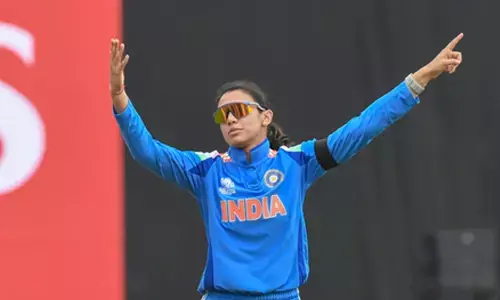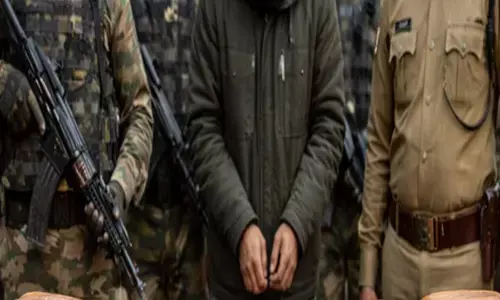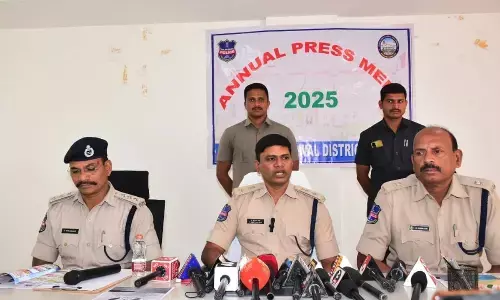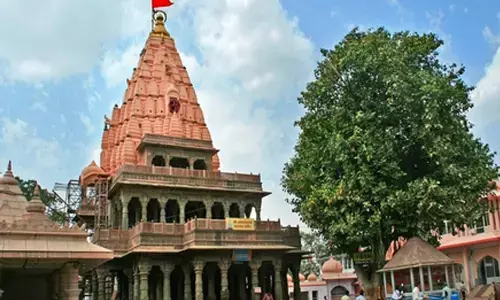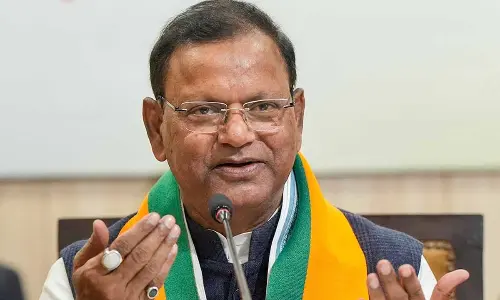All are equal, but some are more equal
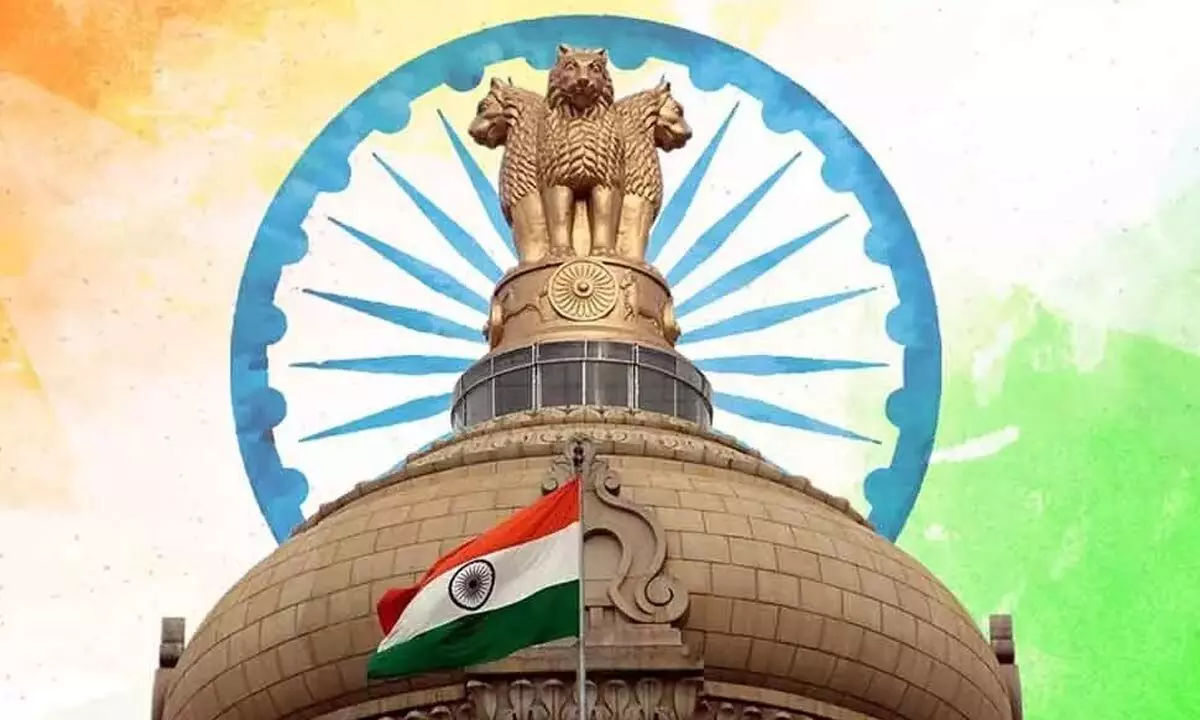
Representational image
In the latest World Justice Project Report - 2022, India scored a dismal 3rd rank in the region. Among the lower income countries, it has scored a ninth place out of 38 countries and the worldwide rank is 77 out of 140 countries
In the latest World Justice Project Report - 2022, India scored a dismal 3rd rank in the region. Among the lower income countries, it has scored a ninth place out of 38 countries and the worldwide rank is 77 out of 140 countries. Significantly, India scored a lesser position than Nepal and Sri Lanka which stood at the first and the second positions in the South Asia region.
It is not surprising that India can never be among the top rankers on this count due to its inheritance from British rule and the subsequent laxity it displayed in making the law of the land supreme in the country. Money, influence, power and status all influence the criminal justice system in the country and the law agencies are used more to misuse their powers rather than bring errant people to justice. This report comes at a time when Bilkis Bano rapists are set free and Dera Baba is given parole. These incidents happen just ahead of the elections and whatever might be the claims of the government, those are bound to blot our image forever.
The concept of Rule of Law is that the state is governed, not by the ruler or the nominated representatives of the people but by the law. A county that enshrines the rule of law would be one wherein the Grundnorm of the country, or the basic and core law from which all other law derives its authority, is the supreme authority of the state. The monarch or the representatives of the republic are governed by the laws derived out of the Grundnorm and their powers are limited by the law. The king is not the law but the law is the king. Experts have argued that while the principle of supremacy of law sets in place checks and balances over the government on making and administering the law, the principle of equality before the law seeks to ensure that the law is administered and enforced in a just manner.
It is not enough to have a fair law but the law must be applied in a just manner as well. The law cannot discriminate between people in matters of sex, religion, race etc. How many times do we see this getting flouted in this country? This concept of the rule of law has been codified in the Indian Constitution under Article 14 and the Universal Declaration of Human Rights under the Preamble and Article 7.
The Constitution of India intended for India to be a country governed by the rule of law. It provides that the constitution shall be the supreme power in the land and the legislative and the executive derive their authority from the constitution. Any law that is made by the legislature has to be in conformity with the Constitution failing which it will be declared invalid, as provided for under Article 13 (1). Article 21 provides a further check against arbitrary executive action by stating that no person shall be deprived of his life or liberty except in accordance with the procedure established by law. Article 14 ensures that all citizens are equal and that no person shall be discriminated on the basis of sex, religion, race or place of birth, finally, it ensures that there is a separation of power between the three wings of the government and the executive and the legislature have no influence on the judiciary. Alas, what is the use?








